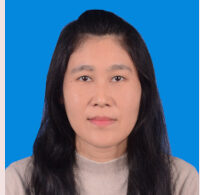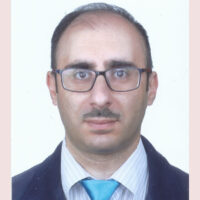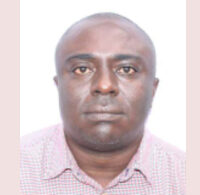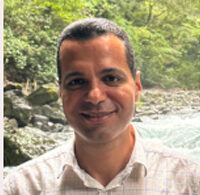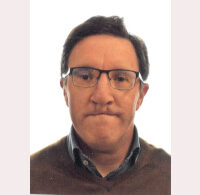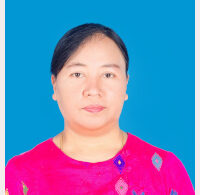- Home
- Voice of Fellows
- Dr. Daniela Battaglia Hirata
Institute of Chemistry, Federal University of Alfenas
Dr. Daniela Battaglia Hirata
Institute of Chemistry, Federal University of Alfenas
A letter about my experience in Japan
My field of research focuses on replacing industrial processes that are currently toxic and pollute the environment with environmentally friendly and sustainable processes. For the last 10 years, I have been working on enzymatic catalysis, which enables significant energy savings and reduced environmental impact.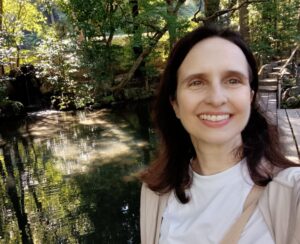
Japan is one of the modern societies most concerned with preserving the environment and is at the forefront of a global model for recycling. The polymer polyethylene terephthalate (PET) has a wide range of applications, as packaging material or for the manufacture of bottles. Like other materials, it needs to be recycled to reduce its environmental impact, but due to its chemical structure, its decomposition does not occur spontaneously in the environment and remains polluting for thousands of years.
One alternative to reduce the environmental impact is recycling. However, the current main recycling process for PET leads to a loss of mechanical properties, so that PET can only be recycled to a limited extent in this route. Enzymatic catalysis for PET recycling is a very advantageous alternative as it offers the possibility of infinite recycling without the PET losing its original mechanical properties and can be reused countless times to produce new PET bottles. This advantage can encourage investment in the recycling process and minimize their disposal into the environment.
Therefore, this experience was very enriching, both in terms of the science and daily life in the lab, the contact with the researchers, and in terms of the culture and life outside the university. Japan is an ancient country whose culture and spirituality are still present in its society, which makes this country very unique. The trip to Hiroshima, sponsored by the Matsumae International Foundation (MIF), was very important for me because it made me reflect on the fact that science is responsible for the technology it creates and should work to ensure that it won’t be used as a tool of destruction. There I was able to understand the extent of the impact of the tragedy on Japanese society and the consequences that are still present for many families who were victims of such a brutal event.
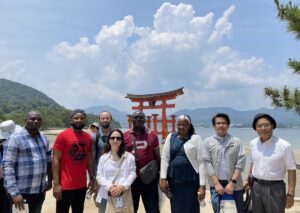
The biography of Prof. Shigeyoshi Matsumae enabled me to get to know him better and to admire the founder of MIF even more. Prof. Matsumae was a visionary, a man far ahead of his time who overcame many challenges to realize an educational model aimed at building a more humane and conscious society. For me personally, he is an inspiration for both scientists and educators.
I’m very grateful to the Japanese people for the opportunity to have had this experience, which has left a deep impression on me and gave me new strength to continue fighting for the preservation of our planet and for a more conscious and fraternal society. I hope that I can contribute to strengthening relations between Brazil and Japan in order to build a world based on respect and peace between all nations and on the protection and preservation of our environment.
November 2024
Associate Professor-IV
Institute of Chemistry, Federal University of Alfenas

